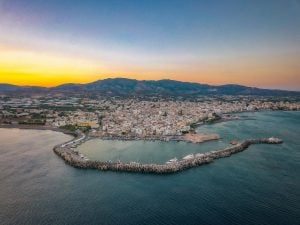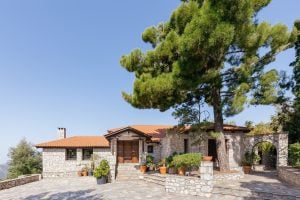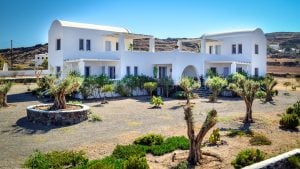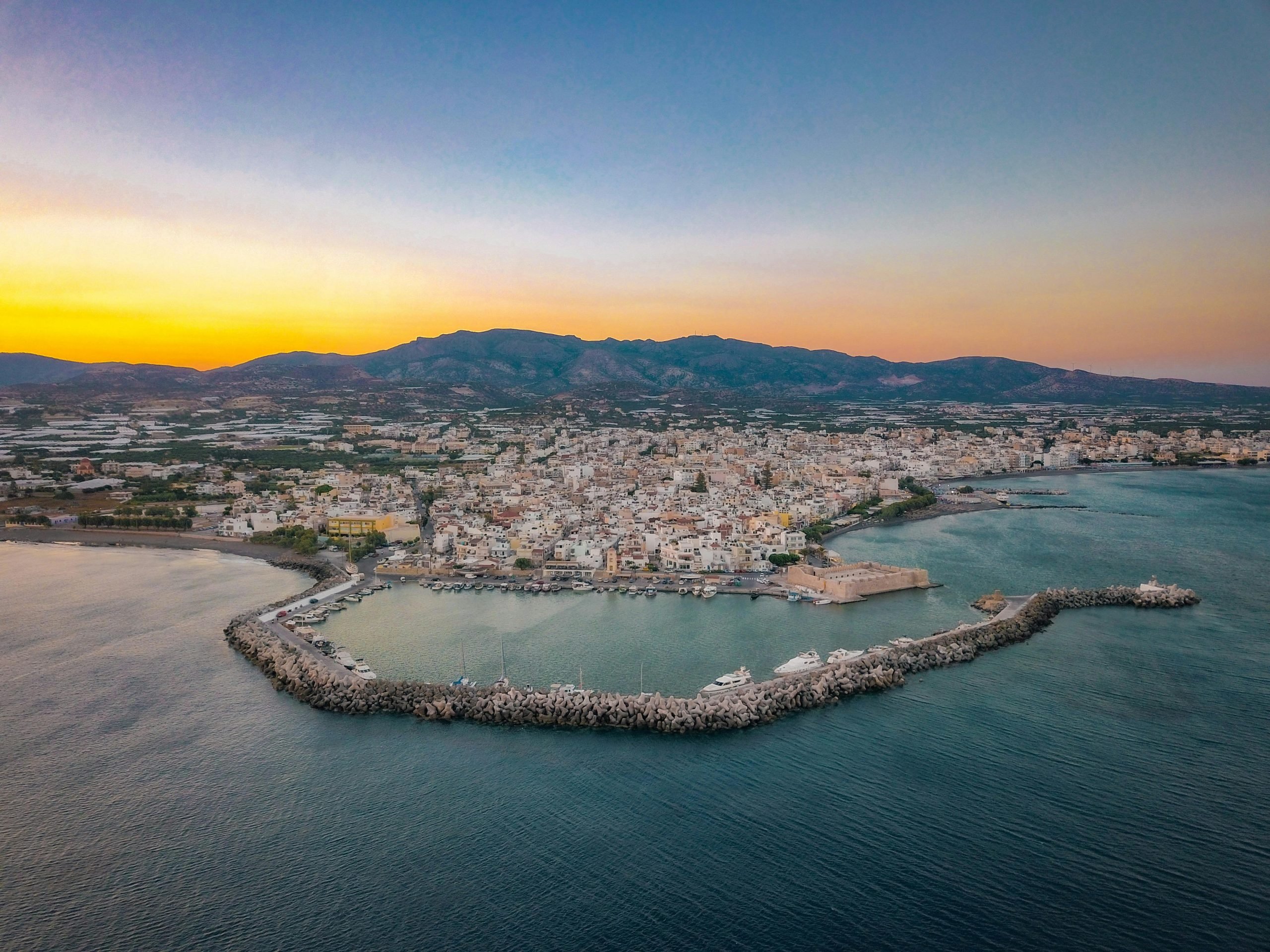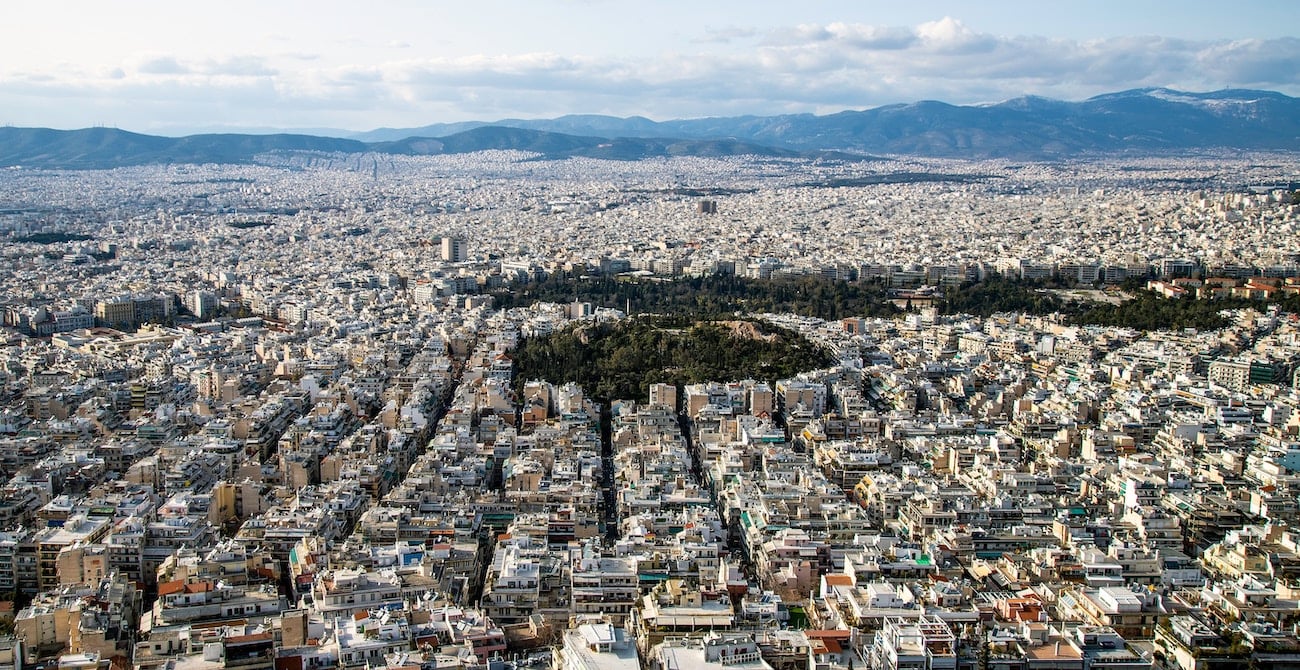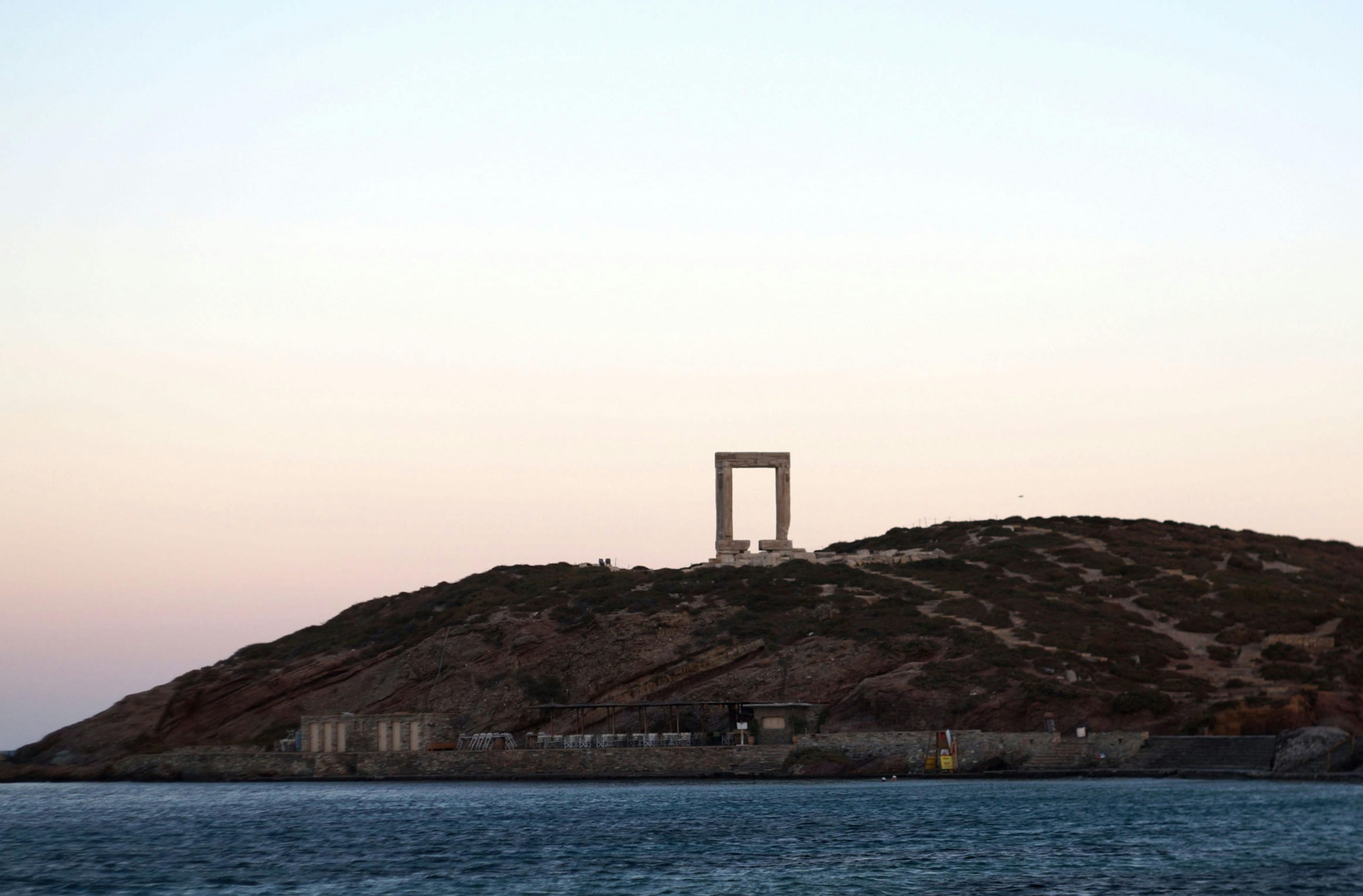For most visitors, 7-10 days provides an ideal duration to explore the Peloponnese peninsula effectively. This timeframe allows you to experience the region’s major archaeological sites, coastal areas, and diverse cultural landscapes without feeling rushed. However, your optimal stay depends on your interests, travel style, and whether you’re combining leisure travel with property exploration opportunities.
Planning Your Peloponnese Adventure: Understanding Greece’s Historic Peninsula
The Peloponnese stands as one of Greece’s most historically significant and geographically diverse regions. This southern peninsula, connected to mainland Greece by the narrow Isthmus of Corinth, encompasses ancient civilisations, pristine beaches, mountainous landscapes, and charming traditional villages.
The peninsula’s strategic location has made it a crossroads of Mediterranean culture for millennia. From the ancient city-states of Sparta and Corinth to the medieval castles of Mystras and Monemvasia, the region offers an unparalleled journey through Greek history.
For property investors and holiday home seekers, the Peloponnese presents compelling opportunities. The region combines authentic Greek character with excellent accessibility from Athens, making it increasingly attractive for both tourism and real estate investment. Understanding the optimal visit duration becomes crucial whether you’re planning a cultural holiday or exploring potential property investments.
What Is the Minimum Time Needed to See Peloponnese Highlights?
A focused 3-5 day visit can cover the peninsula’s essential highlights, though this requires careful planning and realistic expectations about what you can experience.
Your minimum itinerary should include Nafplio, often considered Greece’s most beautiful town, with its Venetian architecture and fortress views. Ancient Epidaurus offers one of the world’s best-preserved theatres, whilst nearby Mycenae showcases Bronze Age civilisation remnants.
The coastal town of Gythio provides access to the dramatic Mani Peninsula, where traditional tower houses dot the landscape. Olympia, birthplace of the Olympic Games, represents another unmissable archaeological site that can be visited in a day trip.
However, this compressed timeline means limited time for spontaneous discoveries, local interactions, or detailed exploration of each site. You’ll experience the highlights but miss the deeper cultural immersion that makes the Peloponnese truly special.
How Long Should You Stay to Explore Peloponnese’s Diverse Regions?
To properly explore the peninsula’s distinct regions, allocate 10-14 days minimum, with each area offering unique characteristics and experiences.
Argolis deserves 3-4 days, encompassing Nafplio’s charm, Epidaurus’s acoustics, and Mycenae’s archaeological treasures. The region’s proximity to Athens makes it an excellent starting point for your Peloponnese exploration.
Laconia, including Sparta and the Mani Peninsula, requires another 3-4 days. The rugged Mani landscape, with its distinctive architecture and dramatic coastline, contrasts sharply with other Greek regions. Monemvasia, the “Gibraltar of the East,” warrants at least one overnight stay.
Messenia, centred around Kalamata, offers 2-3 days of coastal beauty, olive groves, and the impressive Palace of Nestor at Pylos. The region’s beaches rank among Greece’s finest, whilst its culinary traditions remain authentically local.
Arcadia’s mountainous interior, including traditional villages like Dimitsana and Stemnitsa, provides a refreshing contrast to coastal areas. Allow 2 days for this region’s natural beauty and traditional crafts.
What Factors Should Influence Your Peloponnese Trip Duration?
Your optimal stay duration depends on several key factors that significantly impact your travel experience and satisfaction levels.
Personal interests play the primary role in determining trip length. History enthusiasts might spend entire days at single archaeological sites, whilst beach lovers may prefer longer stays in coastal towns. Photography enthusiasts often need extra time for optimal lighting conditions and detailed exploration.
Seasonal considerations affect both available activities and comfortable pacing. Summer visits might require slower schedules due to heat, whilst spring and autumn allow more intensive sightseeing. Winter visits, though less common, offer unique perspectives on historical sites without crowds.
Your travel style influences duration significantly. Independent travellers using rental cars can cover more ground efficiently, whilst those relying on public transport need additional time for connections and scheduling. Luxury travellers might prefer longer stays in fewer locations, maximising comfort and local experiences.
Budget considerations also impact duration choices. Longer stays often provide better value through weekly accommodation rates and deeper local connections, but require larger overall budgets.
How Does Property Hunting Affect Your Peloponnese Timeline?
Combining property exploration with holiday travel requires additional planning time and typically extends your stay by 3-5 days minimum.
Property viewings demand flexible scheduling, as availability depends on current owners, key holders, and local estate agents. Allow full days for property tours in each area of interest, as travel between locations can be time-consuming on winding mountain roads.
Legal consultations and due diligence processes require separate time allocation. Meeting with local lawyers, understanding property documentation, and reviewing investment potential cannot be rushed. These professional consultations often need advance booking and may not align perfectly with your preferred travel dates.
Area research becomes more intensive when considering property investment. You’ll want to experience different neighbourhoods at various times of day, understand local amenities, and assess year-round viability rather than just peak season appeal.
Market research and comparative analysis require additional exploration time. Visiting multiple properties in different price ranges and locations helps establish realistic expectations and market understanding.
What Is the Ideal Duration for Different Types of Peloponnese Experiences?
Different traveller profiles benefit from tailored duration recommendations that maximise their specific interests and travel goals.
Cultural enthusiasts should plan 12-15 days minimum. This allows thorough exploration of major archaeological sites, museum visits, traditional craft workshops, and cultural festivals. Include time for lesser-known sites like ancient Messene or the Byzantine churches of Arcadia.
Beach lovers can enjoy satisfying 7-10 day holidays focusing on coastal regions. Concentrate on 2-3 base locations rather than constant movement, allowing time to discover secluded beaches and develop relationships with local tavernas and beach communities.
History buffs require 10-14 days to properly contextualise the peninsula’s layered civilisations. This timeline accommodates detailed site exploration, relevant museum visits, and background reading time between locations.
Property investors should plan 10-12 days, combining leisure exploration with focused property research. This duration allows proper area assessment whilst maintaining holiday enjoyment and avoiding decision fatigue.
Key Takeaways for Planning Your Perfect Peloponnese Visit
The Peloponnese rewards longer stays with deeper cultural immersion and more meaningful experiences. Whilst 3-5 days covers basic highlights, 7-10 days provides the sweet spot for most travellers between comprehensive exploration and practical constraints.
Consider your primary motivations when planning duration. Pure leisure travel allows more flexibility, whilst property investment requires structured time allocation for professional consultations and area research.
Seasonal timing affects optimal duration, with shoulder seasons offering the best balance of weather, accessibility, and manageable pacing. Summer visits may require longer stays due to necessary midday breaks and slower touring schedules.
Whether you’re planning a cultural exploration or considering property investment opportunities, professional guidance can significantly enhance your Peloponnese experience. For personalised advice on combining travel with property exploration, feel free to contact our team for expert insights tailored to your specific interests and timeline.
What’s the best way to get around the Peloponnese during my visit?
Should I book accommodations in advance or find places as I go?
How do I balance must-see archaeological sites with relaxation time?
What are the biggest mistakes people make when planning their Peloponnese itinerary?
Is it worth extending my trip to include the smaller, less touristy areas?
How can I make the most of a shorter 5-7 day visit without feeling rushed?
What should I know about combining property viewing with tourism in the Peloponnese?
Disclaimer: This content is for informational purposes only and does NOT constitute legal or tax advice. For any issues relating to specific cases, it is highly recommended to consult a lawyer, an accountant or a notary depending on your needs.


